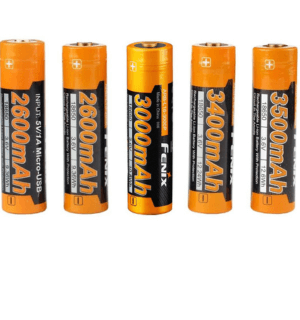Lithium-ion batteries have revolutionized the way we power our devices and equipment. They offer a range of advantages over traditional battery technologies, including higher energy density, longer lifespan, and faster charging times. As a result, lithium-ion batteries have become the go-to choice for many applications across various industries. In this article, we’ll explore the top 5 applications of lithium-ion batteries in today’s world.
Consumer Electronics
Perhaps the most well-known application for lithium-ion batteries is in consumer electronics, such as smartphones, laptops, and tablets. Lithium-ion batteries offer high energy density, which means they can store more energy in a smaller space than other battery technologies. This is crucial for devices that need to be compact and lightweight, such as smartphones and tablets.
In addition, lithium-ion batteries have a longer lifespan than other types of batteries, which reduces the need for frequent replacements. Examples of popular consumer electronics that use lithium-ion batteries include the iPhone, iPad, MacBook, and Samsung Galaxy.
Electric Vehicles
Another significant application for lithium-ion batteries is in electric vehicles (EVs). Lithium-ion batteries offer several advantages for EVs, including higher energy density, longer lifespan, and faster charging times.
These advantages translate to increased range, reduced emissions, and improved performance for EVs. Lithium-ion batteries have become the standard for electric vehicle batteries, and many popular EV models, such as the Tesla Model S and Nissan Leaf, use lithium-ion batteries.

Energy Storage Systems
Lithium-ion batteries are also becoming increasingly popular for energy storage systems, particularly for renewable energy sources such as solar and wind power. Energy storage systems are used to store excess energy during times of low demand, which can then be used to meet demand during peak times.
Lithium-ion batteries offer several benefits for energy storage systems, including efficient energy management, reduced reliance on fossil fuels, and lower costs over the long term. Examples of popular energy storage systems that use lithium-ion batteries include the Tesla Powerwall and LG Chem RESU.
Aerospace and Defense
Lithium-ion batteries are also finding applications in aerospace and defense, particularly for unmanned aerial vehicles (UAVs) and satellites. Lithium-ion batteries offer several advantages for these applications, including improved power and reliability. For UAVs, lithium-ion batteries enable longer flight times and improved performance.
For satellites, lithium-ion batteries offer a lightweight and high-capacity power source for long-term missions. Examples of popular aerospace and defense technologies that use lithium-ion batteries include the Predator drone and the International Space Station.
Medical Devices
Finally, lithium-ion batteries are becoming increasingly important for medical devices, such as pacemakers and hearing aids. Lithium-ion batteries offer several advantages for medical devices, including longer lifespan and greater reliability. They also allow for smaller and more compact devices, which can be more comfortable for patients.
Experts’ Thoughts
Lithium-ion batteries are an essential technology that has transformed many industries and applications. From consumer electronics to electric vehicles to energy storage systems, lithium-ion batteries offer a range of benefits that make them the preferred choice for many applications. As the technology continues to evolve, we can expect to see even more innovative and exciting applications for lithium-ion batteries in the future.

